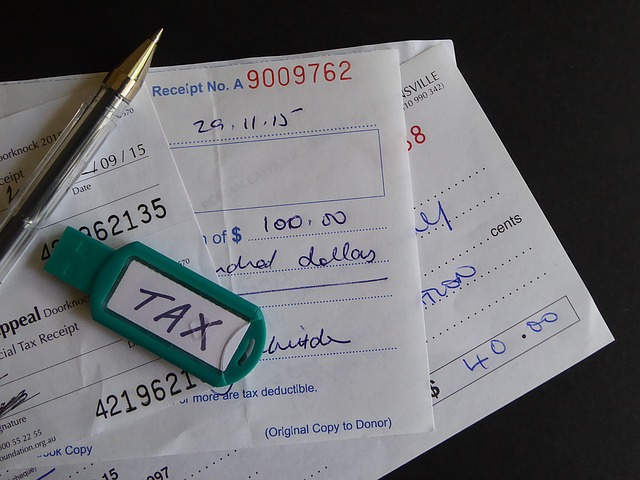Organizing your financial documents is not just a task to check off your to-do list; it’s a crucial step toward achieving greater efficiency in managing your personal finances. As we approach the busy period of getting ready for accounting and tax season, having your records in order can save you time and stress. A cluttered financial landscape can lead to missed deductions, overlooked receipts, and ultimately, an inflated tax bill. By creating a streamlined system for your financial documents, you can ensure that everything you need is within arm’s reach when tax time arrives.
Start by categorizing your documents into specific groups: income statements, receipts, bank statements, and tax documents. Use folders—either physical or digital—to keep similar items together. For example, you might have a dedicated folder for each month that contains all relevant financial transactions and records. Digital solutions like scanned copies of receipts can also provide easy access while minimizing paper clutter. Consider implementing consistent labeling practices so that you can quickly identify what you’re looking for each time you need to reference a document.
Another smart strategy is to set aside time regularly to review and update your financial records, rather than waiting until crunch time. This could mean dedicating a few hours each month to sort through new documents and ensure they’re in the right place. By making this a routine part of your monthly activities, you can alleviate the overwhelming feeling that often accompanies financial prep during tax season. Additionally, employing financial management software can help you keep track of your income, expenses, and taxes in real time, aiding in both understanding and organization.
Ultimately, an organized approach to your financial documentation pays off significantly in terms of efficiency and peace of mind. When the inevitable tax season rolls around, you’ll find that you can complete your accounting tasks with greater confidence and accuracy. By investing the time to set up an effective document organization system now, you’ll not only simplify your tax preparation but also empower yourself to make informed financial decisions throughout the year. Embrace this proactive approach to managing your finances, and you’ll likely reap the rewards for seasons to come.










